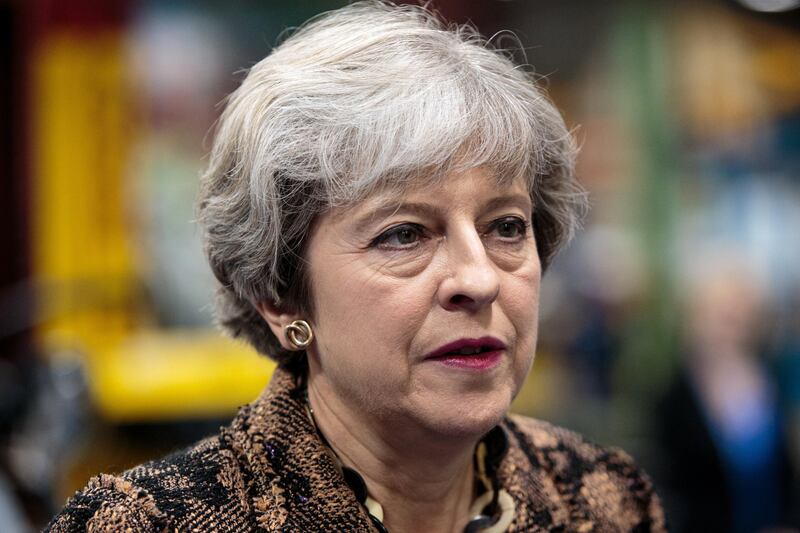Britain intensified efforts to secure EU backing for the start of post-Brexit trade talks as Theresa May’s government shifted its stance on the country’s future relationship with European courts.
Having previously interpreted the EU referendum decision as a popular mandate to seal off Britain from the European Court of Justice (ECJ), the government took a new tactic in a position paper published on Wednesday.
The paper was one of a series of documents published this week that are designed to take advantage of the holiday lull in Brussels and seize back lost momentum in the negotiations.
_______________
Read more:
[ Britain to outline Brexit strategy positions in talks with EU ]
[ Battle for Brexit jobs intensifies as Dublin and Frankfurt court bankers ]
[ Dublin wants to be the new London after Brexit ]
______________
Principalist objections to a foreign court exercising jurisdiction over British law was one of the strongest arguments propelling the Leave campaign last year.
Officials now raise the prospect of a series of arbitration panels absorbing ECJ decisions, which includes important trading standards and non-tariff rules on services, as part of a framework of continuing ties with the EU.
Dominic Raab, a justice minister and one of the most zealous of the so-called Brexiteers, admitted it was unrealistic to deny the influence of legal precedents set by the Luxembourg-based ECJ.
“It is about having a balanced process where both sides could have confidence,” Mr Raab said. “It is not about one side imposing its will on the other.”
Under another scenario, Britain would effectively join a separate court of the European Free Trade Area, which currently operates for Norway, Iceland and Liechtenstein. A deal brokered by the court’s president is reportedly being assembled behind the scenes.
“Talk of the ECJ having no direct jurisdiction suggests that the government recognises that if we are to have a close working relationship with the EU immediately after Brexit and into the future, then European judges will continue to play an important role in determining the shape of the laws that could affect us,” said Andrew Hood, a former civil servant.
Theresa May insisted that she had not changed her views from her landmark Lancaster House speech last year that drew red lines for the negotiations with Brussels.
“What is absolutely clear, as I made clear in that speech and have made clear ever since, is that we will be leaving the jurisdiction of the European Court. What we will be able to do is make our own laws, parliament will make those laws and is British judges that will interpret those laws,” she said.
Hardliners on Brexit have supported a more conciliatory approach so far. “The key point is that there should not be any direct effect of decisions by any new tribunal on the UK,” Jacob Rees-Mogg, a backbench MP said. “As long as that is the case, it is a matter of detail, not principle.”
Other papers in the series have dealt with the fraught issue of customs and immigration checks on the Irish border and arrangements to govern extradition warrants and civil court judgements.
It is not clear Brussels will take the bait on offer from Britain when the face-to-face talks resume next week. It has insisted that first stage talks on an exit bill and Ireland are resolved before future relations are addressed.
A scathing critique offered by George Osborne, the former Treasury minister turned newspaper editor, portrays a labyrinthine effort to recreate the “European links we already have”.
A “Britain is not ready to crash out of the European Union in the spring of 2019, we don’t have the customs controls, the farm payment systems, the business arrangements that will allow that to happen, so we need to work with our European allies on that transition,” he said.







